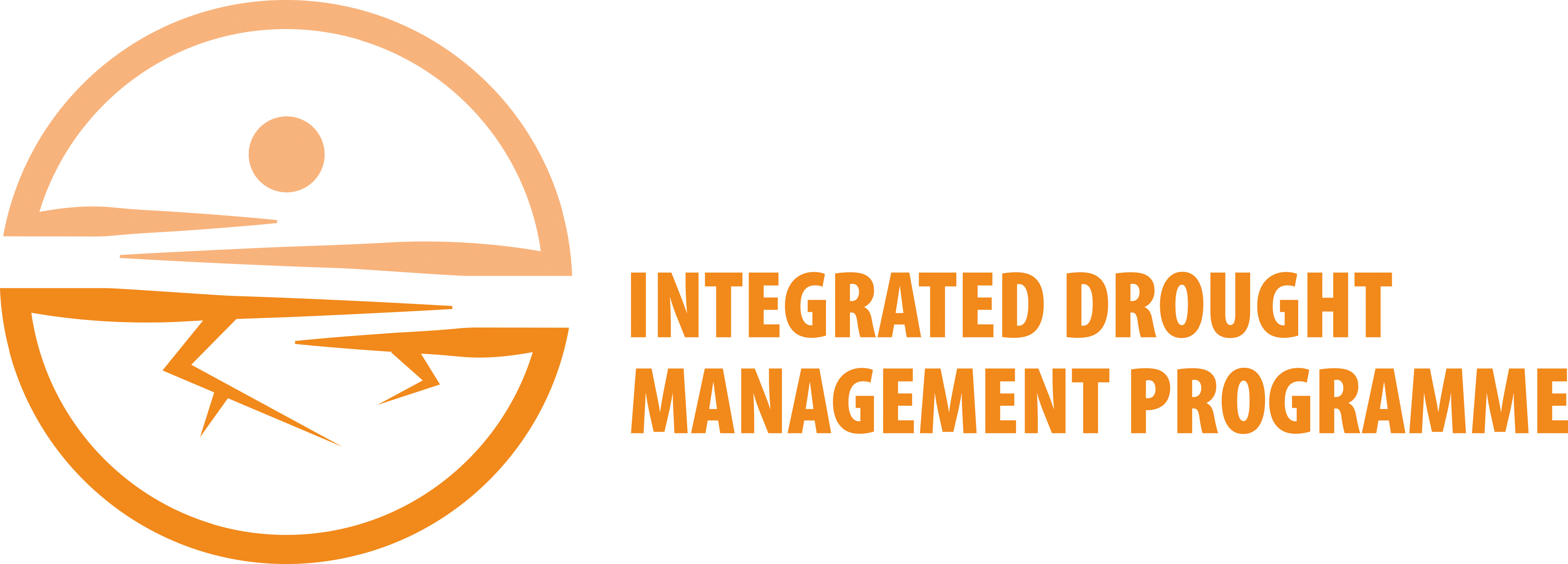Palmer Hydrological Drought Index (PHDI)
Index name: Palmer Hydrological Drought Index (PHDI).
Ease of use: Yellow.
Origins: Part of the suite of indices developed by Palmer in the 1960s with the United States Weather Bureau.
Characteristics: Based on the original PDSI and modified to take into account longer-term dryness that will affect water storage, streamflow and groundwater. PHDI has the ability to calculate when a drought will end based on precipitation needed by using a ratio of moisture received to moisture required to end a drought. There are four drought categories: near normal, which occurs approximately 28%–50% percent of the time; mild to moderate, which occurs approximately 11%–27% percent of the time; severe, which occurs approximately 5%–10% percent of the time; and extreme, which will occur approximately 4% of the time.
Input parameters: Monthly temperature and precipitation. Information on the water-holding capacity of soils can be used, but defaults are also available. A serially complete record of temperature and precipitation data is required.
Applications: Most useful for taking into account drought affecting water resources on longer timescales.
Strengths: Its water balance approach allows the total water system to be considered.
Weaknesses: Frequencies will vary by region and time of year, where extreme drought may not be a rare event during some months of the year. The impact of human influences, such as management decisions and irrigation, are not considered in the calculations.
Resources: The code can be found in the original Palmer paper in the reference below. More explanations can be found in: Jacobi, J., D. Perrone, L. Lyons Duncan and G. Hornberger, 2013: A tool for calculating the Palmer drought indices. Water Resources Research, 49: 6086–6089. DOI: 10.1002/wrcr.20342.
Reference: Palmer, W.C., 1965: Meteorological Drought. Research Paper No. 45. United States Weather Bureau, Washington, DC.
Currently used by: Trinidad and Tobago.


